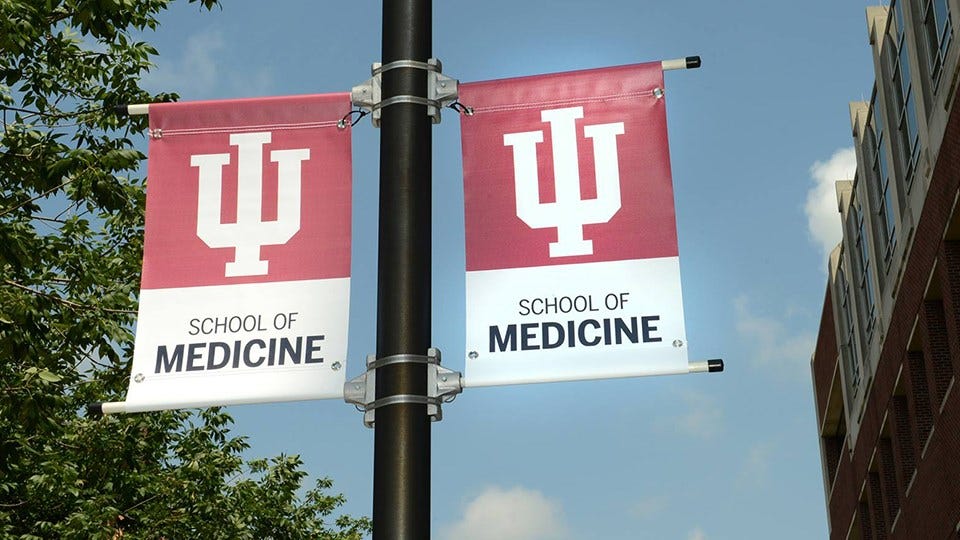IU lands $3.7M grant for AI-driven breast cancer study
Subscriber Benefit
As a subscriber you can listen to articles at work, in the car, or while you work out. Subscribe Now
The Indiana University School of Medicine announced last week that researchers there are leading a multistate study using artificial intelligence to better predict breast cancer risk and overcome health inequities in preventive care.
A five-year, $3.7 million grant from the National Institutes of Health’s National Cancer Institute is funding the research, the university said.
“We will have an AI methodology that can contribute to the future of women’s health,” Spyridon Bakas, an IU School of Medicine associate professor and principal investigator of the project, said in a news release.
The research involves an approach called federated learning in which complex AI models are trained on data that remains decentralized, meaning the data never leaves the location in which it is stored. This approach increases data privacy and helps mitigate patient privacy concerns, the university said.
Using this approach, participating researchers at the Mayo Clinic, Washington University in St. Louis, the University of Pennsylvania and Columbia University will provide data from patients who undergo a type of 3D breast cancer screening without identifying the patients. The data will then help create an open-source AI model with the goal of predicting breast cancer risk among diverse patient populations, the university said.
Breast cancer is the second-leading cause of death from cancer in women.
“The goal of our models will be to predict when and if a woman will develop breast cancer much earlier and assess their risk of developing breast cancer in the future,” Bakas said in the release. “We’re focused more on the prediction rather than diagnosis, and being proactive rather than reactive.”
Once the AI model is developed, the aim is to distribute the technology to community hospitals to help overcome health inequities in health care systems that lack the resources to develop and implement such technology, Bakas said. As additional health systems use the technology, the data gleaned will further improve the AI models.
Other researchers in the study include Despina Kontos of Columbia University, Celine Vachon of the Mayo Clinic, Aimilia Gastounioti of Washington University, Anne Marie McCarthy of the University of Pennsylvania and Prashant Shah of Intel.
